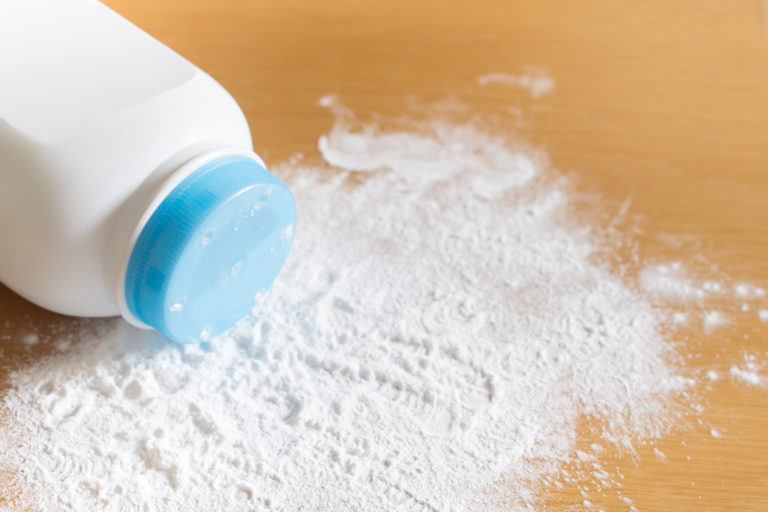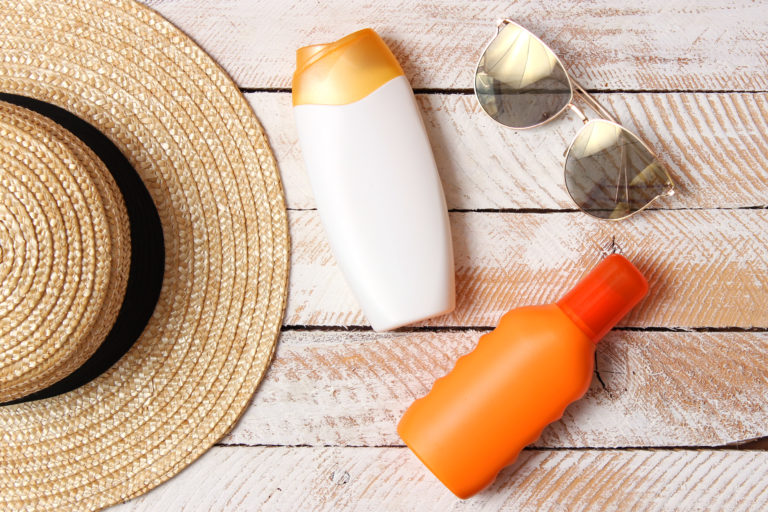
What is it?
New York now requires manufacturers (including importers or first domestic distributors) of children’s products containing certain toxic chemicals to disclose information on their use at practical quantification limits (PQLs).
The signed senate bill adds Title IX “Toxic Chemicals in Children’s Products” to Article 37 of the Environmental Conservation Law, in relation to regulation of toxic chemicals in children’s products. New York’s Environmental Conservation Law (ECL) Article 37 Title 9 establishes an ingredient disclosure program and prohibits certain chemicals in children’s products, which includes cosmetics marketed to children. This will establish a children’s product safety council and reorganize the regulatory framework for the New York State Department of Environmental Conservation (NYSDEC) to designate chemicals of concern (CoC) and high-priority chemicals (HPC).
The original law contains an initial list of 103 entries for CoC and a list f 9 entries for “dangerous chemicals” (DCs), which the NYSDEC published on their NYSDEC website. “These lists are reviewed periodically and reporting requirements for children’s products containing a DC or CoC at PQLs levels within 12 months after a DC has been added to the list and fee requirements, and waivers for reporting. Additionally, children’s products containing specific DCs will be prohibited from January 1, 2023.
What’s the impact?
Manufacturers and distributors must disclose if they are using certain chemicals in children’s products at PQLs. Some children may have been harmed from products that contained toxic chemicals that were not disclosed earlier.
When is it happening?
The original Act became effective on March 1st, 2020. On February 7th, 2020, the governor signed into law SB S501-B regarding toxic chemicals in children’s products. The law requires DEC to promulgate lists of chemicals of concern and high-priority chemicals that must be disclosed if present in children’s products by March 1, 2022. This law also prohibits the sale of children’s products containing benzene, asbestos, or tris (1,3-dichloro-2-propyl) phosphate by January 1, 2023.
After a period of public comment, this law is still being reviewed. From the NY DEC website, “NY DEC is in the the process of developing a rule to implement portions of the law. The rule is expected to address the specific product categories that are covered, what chemicals and supporting information must be disclosed, details on how to obtain a waver from reporting or the sales prohibition, and the fees associated with reporting and applying for a waiver.”
What are the next steps?
The new law aims to increase consumer awareness of the listed chemicals of concern with the goal of reducing potential childhood exposure. As consumer transparency requirements increase and there becomes more awareness on how to avoid products with these chemicals, manufacturers are likely to reformulate and redesign to remove the concerning chemicals and materials used in such products.
Do you have questions about the impact of this law on your products? Looking for help with compliance documentation? The Ithos Information Network Software (IIN) can save valuable time and money. Contact us for a free demo.






